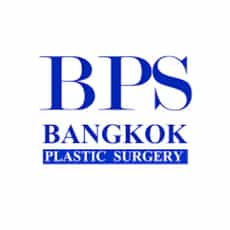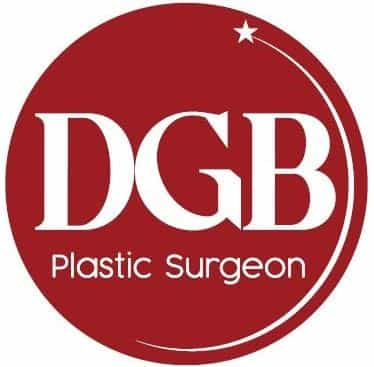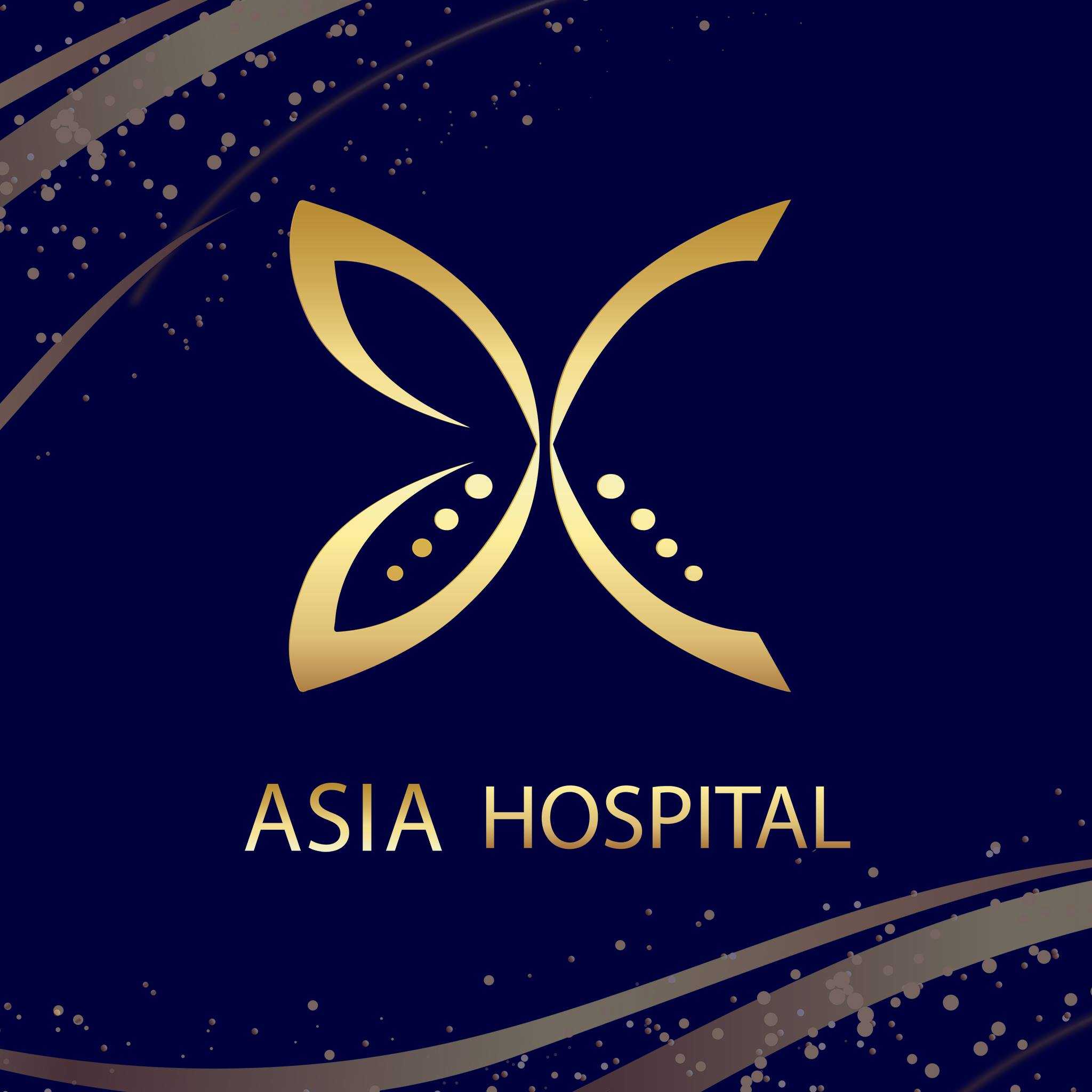Guide to Preparing for Breast Reduction in Thailand
.jpg)
Hello there! Are you exploring the possibility of breast reduction surgery and wondering if Thailand might be the right place for you? It's a common question, and many individuals consider medical tourism for various procedures due to its combination of high-quality care and often more affordable pricing. Deciding to undergo any surgery is a significant personal choice, and understanding if you're a suitable candidate, especially when traveling abroad for the procedure, is the first and most crucial step.
Thailand has become a prominent hub for medical tourism, attracting patients worldwide with its state-of-the-art facilities, experienced surgeons, and world-renowned hospitality. For breast reduction, specifically, the country offers competitive packages without compromising on safety or results. This guide will walk you through the essential considerations, helping you determine if breast reduction in Thailand aligns with your health, goals, and expectations. Let's explore together whether this life-changing procedure in a beautiful country is the right path for you.
Am I medically suitable for breast reduction surgery?
Medical suitability is the cornerstone of any surgical procedure. For breast reduction, surgeons prioritize your overall health to ensure a safe operation and a smooth recovery. This typically means you should not have any uncontrolled chronic conditions such as severe heart disease, uncontrolled diabetes, or autoimmune disorders that could complicate surgery or healing. A thorough medical evaluation, including blood tests and a physical examination, will be conducted by the Thai surgical team.
It is also important to discuss any medications, supplements, or herbal remedies you are currently taking with your surgeon. Certain medications, especially blood thinners, may need to be stopped before surgery. Smoking can significantly impair healing and increase complication risks, so surgeons usually require patients to quit several weeks before and after the procedure. Maintaining a stable weight is another key factor; significant weight fluctuations post-surgery can affect the results, so it's often advised to be at or near your ideal weight before the operation.
What are the age restrictions for breast reduction in Thailand?
While there isn't a strict upper age limit for breast reduction, the primary consideration for younger patients is that breast development should be complete. For most women, this occurs by the late teens, usually around 18 years old. Performing the surgery before this point might lead to secondary breast growth, potentially necessitating another procedure later. In cases of significant physical and psychological distress caused by extremely large breasts, a surgeon might consider a younger patient, but this is less common and would require extensive consultation and parental approval.
For older candidates, age itself is less of a barrier than overall health. As long as you are medically fit, free from serious comorbidities, and can withstand anesthesia and surgery, you can be a candidate for breast reduction. Many older women find significant relief from back pain and other discomforts through this procedure. The surgical team in Thailand will assess each individual case to determine suitability, regardless of age, focusing on health and realistic outcomes.
What health conditions might prevent me from getting breast reduction surgery?
Your safety is paramount, and certain health conditions can increase the risks associated with surgery and anesthesia. Uncontrolled chronic diseases, such as severe cardiovascular disease, uncontrolled hypertension, or poorly managed diabetes, can lead to serious complications during or after surgery. These conditions must be stable and well-managed before a surgeon will consider you for breast reduction.
Other factors that might prevent surgery include significant obesity, as this can increase surgical risks, prolong recovery, and affect aesthetic outcomes. A history of abnormal scarring (keloids or hypertrophic scars) might also be a concern, though not always a definitive contraindication. Active infections, bleeding disorders, or a history of deep vein thrombosis (DVT) or pulmonary embolism (PE) would also require careful evaluation and potentially deferment of the surgery. Your Thai medical team will conduct a comprehensive review of your medical history to identify any potential risks.
Why choose Thailand for breast reduction surgery?
Thailand has carved out a strong reputation as a leading destination for medical tourism, and for good reason. The country boasts numerous hospitals and clinics that are JCI (Joint Commission International) accredited, meaning they meet rigorous international standards for patient safety and quality of care. Many Thai plastic surgeons receive training internationally and are highly experienced, performing these procedures regularly. The combination of advanced medical technology and expertise provides a reassuring level of quality for patients.
Beyond the medical aspects, the cost-effectiveness is a major draw. Breast reduction in Thailand can be considerably more affordable than in countries like the US, UK, or Australia, often including hospital stays and follow-up care. This allows patients to access high-quality surgery without the prohibitive price tag. Furthermore, the patient experience in Thailand is often lauded; medical staff are known for their warm hospitality, English proficiency, and attentive care, making the entire journey comfortable and less stressful. The recovery environment, often amidst beautiful scenery, can also contribute positively to the healing process.
How do I find a reputable surgeon for breast reduction in Thailand?
Finding the right surgeon is arguably the most critical step in your breast reduction journey. Start by researching surgeons who are board-certified in plastic surgery. This ensures they have undergone extensive training and passed rigorous examinations. Look for surgeons affiliated with internationally accredited hospitals, as this often indicates higher standards of safety and care. Websites like those of the Thai Medical Council or various medical tourism facilitators can provide lists of qualified professionals.
Beyond certifications, delve into the surgeon's experience specifically with breast reduction. Ask how many procedures they perform annually and request to view their before-and-after photo gallery, paying attention to results that align with your desired outcome. Patient testimonials and reviews on independent platforms are also invaluable for gauging a surgeon's communication style, patient care, and overall satisfaction levels. A good surgeon will be transparent, answer all your questions thoroughly, and ensure you have realistic expectations.
What is the typical cost of breast reduction in Thailand?
One of the primary reasons individuals choose Thailand for breast reduction is the attractive pricing. While prices can vary based on the clinic, surgeon's experience, the complexity of the case, and the specific city (e.g., Bangkok vs. Phuket), the cost is generally a fraction of what you would pay in Western nations. For comparison, similar surgery in the United States could easily cost upwards of $8,000 to $15,000 or more.
It's crucial to get an all-inclusive quote from your chosen clinic or medical tourism provider. This quote should typically cover:
- Surgeon's fees
- Anesthesiologist's fees
- Hospital facility fees
- Pre-operative tests and consultations
- Post-operative garments
- Follow-up appointments
Ensure there are no hidden costs and clarify what is included versus what you might need to pay for separately, such as medication, flights, or accommodation. Transparency in pricing is a hallmark of reputable clinics.
What is the recovery process like for breast reduction in Thailand?
Immediately after breast reduction surgery, you will likely stay in the hospital for one night for observation. You will experience some pain and discomfort, which will be managed with medication. Drains might be placed to remove excess fluid, usually for a few days. Swelling and bruising are normal and will gradually subside.
For the first 1-2 weeks, it is vital to rest and avoid strenuous activities, heavy lifting, or raising your arms above shoulder height. You will be instructed on wound care and will need to wear a special surgical bra continuously to support your healing breasts. Most patients can return to light work or daily activities within 2-3 weeks, but full recovery, including resuming exercise, typically takes 6-8 weeks. It's essential to follow your surgeon's post-operative instructions meticulously to ensure optimal healing and results, which is why planning sufficient time for recovery in Thailand before traveling home is important.
What results can I realistically expect from breast reduction?
Breast reduction surgery aims to alleviate the physical and emotional burdens associated with overly large breasts. Physically, you can expect a reduction in breast size and weight, leading to relief from back, neck, and shoulder pain, improved posture, and reduced skin irritation under the breasts. The breasts will also be lifted and reshaped to appear firmer and more aesthetically pleasing, often achieving a more proportionate figure. The final shape and position of the nipples will also be more natural.
It's important to have realistic expectations regarding scarring. Breast reduction involves incisions, and while surgeons strive to place them in inconspicuous areas (around the areola, vertically down, and sometimes along the breast crease), some scarring is inevitable. These scars will fade over time but will be permanent. Discuss your desired breast size and shape with your surgeon to ensure your goals are achievable and align with what the procedure can realistically deliver. The full aesthetic results may take several months to become apparent as swelling completely resolves and tissues settle.
What are the risks associated with breast reduction surgery?
As with any surgical procedure, breast reduction carries potential risks, which your surgeon will thoroughly discuss with you. Common risks include bleeding, infection at the incision sites, and adverse reactions to anesthesia. While these are usually manageable, serious complications are rare. Post-operative complications can also include delayed wound healing or skin necrosis, especially in smokers.
Specific risks related to breast reduction include changes in nipple and breast sensation, which can be temporary or permanent. Some women may experience reduced or lost nipple sensation, while others might find it increased. The ability to breastfeed after surgery can also be affected, though techniques exist to minimize this risk. Asymmetry, contour irregularities, and noticeable scarring are also possibilities. Choosing a highly qualified and experienced surgeon in Thailand helps minimize these risks, but it's crucial to be fully informed and understand potential outcomes before proceeding.
How long should I plan to stay in Thailand for breast reduction?
To ensure a safe and effective breast reduction experience in Thailand, it is recommended to allocate sufficient time for your medical trip. This typically means planning a stay of at least one to two weeks. The first few days will be for initial consultations, medical evaluations, and preparing for surgery. The surgery itself will be followed by at least one night in the hospital.
The remaining time, usually 7-10 days, will be for your immediate post-operative recovery. During this period, you'll need rest, careful wound management, and a follow-up appointment with your surgeon to remove drains (if used), check incisions, and ensure you are healing properly before you travel. Flying too soon after surgery can increase the risk of complications like blood clots. Having this dedicated recovery time in Thailand allows you to be close to your medical team should any immediate concerns arise and ensures you are stable and well enough for your journey home.
Ready to explore your options for breast reduction or other healthcare services? Visit PlacidWay today to connect with top-tier medical facilities and experienced professionals worldwide, including leading clinics in Thailand, and start your journey towards improved health and confidence.


.png)














Share this listing